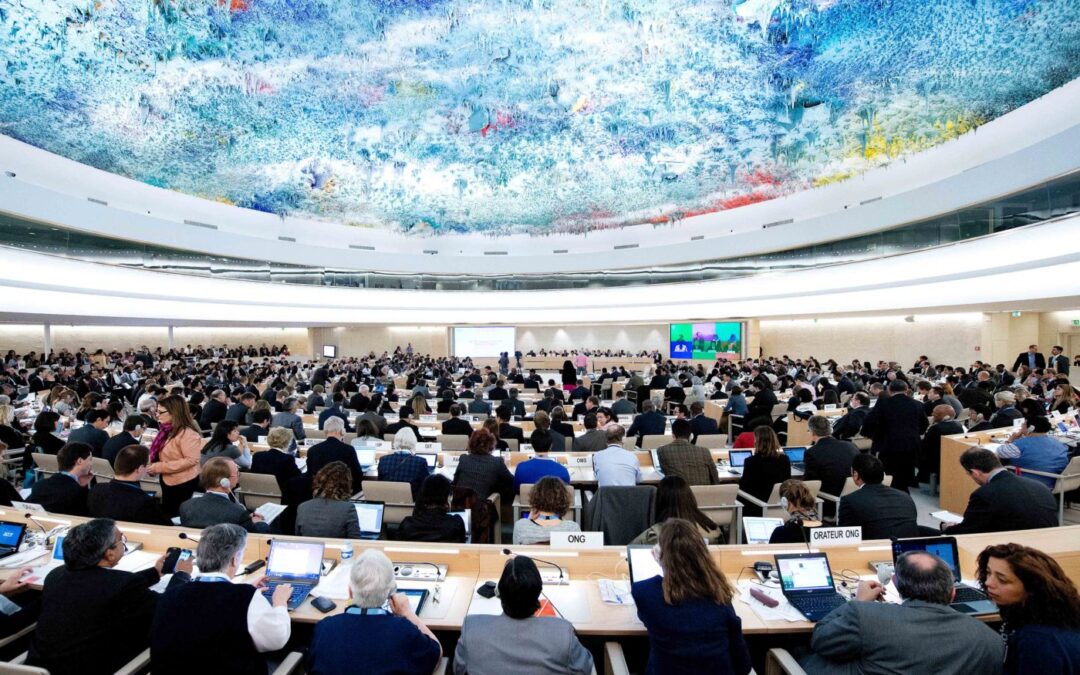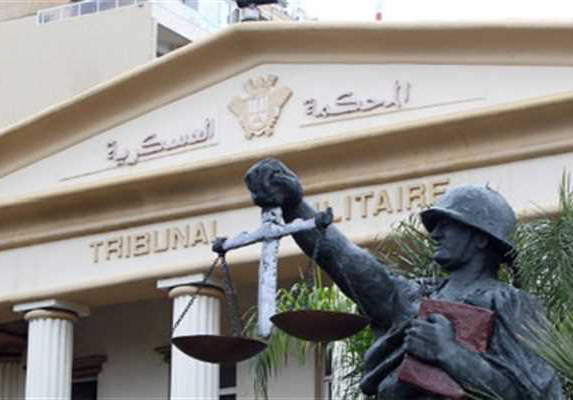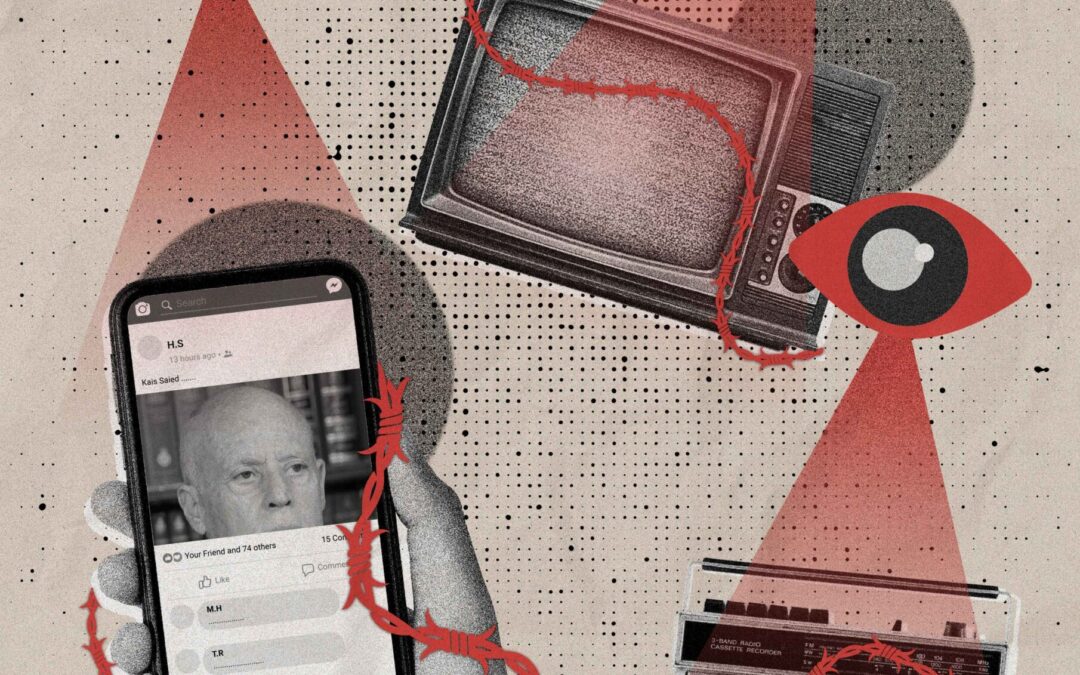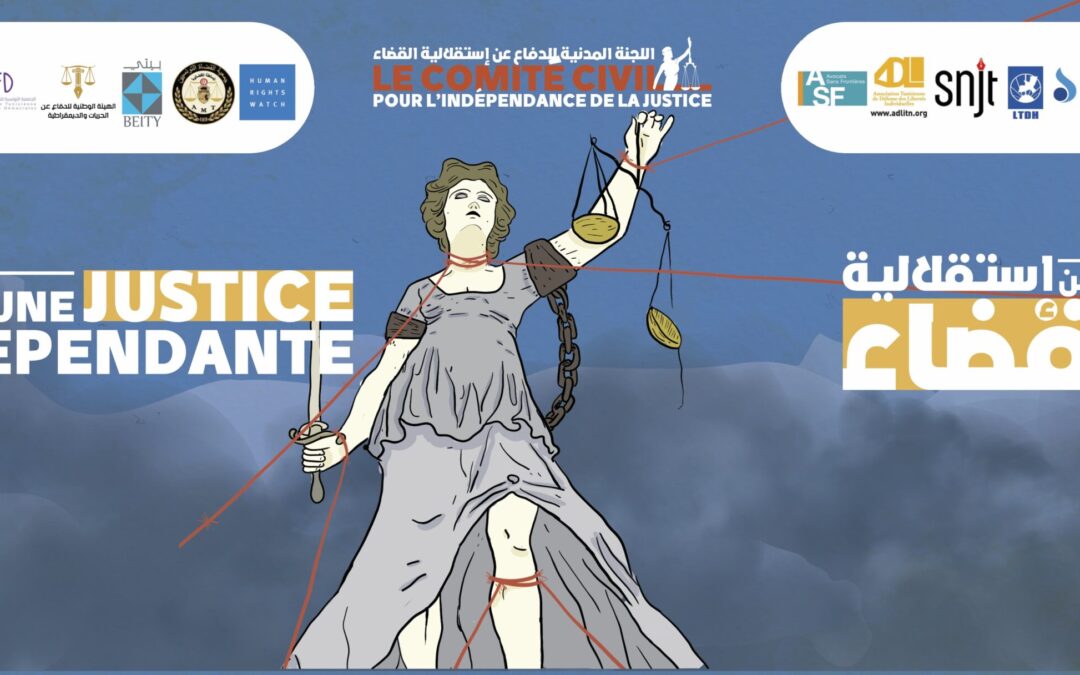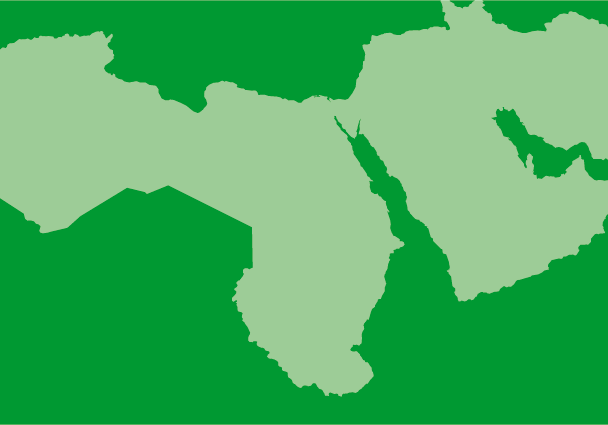
Israel/Occupied Palestinian Territory: immediately end attacks on civilians
The International Commission of Jurists (ICJ) condemns the direct attacks against civilians in Israel, including deliberate killings of hundreds of civilians, the taking of hostages and the launching of indiscriminate rockets against civilians and civilian objects, perpetrated by Palestinian armed groups since 7 October 2023.
“I abhor the deliberate targeting of civilians and hostage-taking, and condemn the horrific escalation of violence in Israel and the Occupied Palestinian Territory,” said Santiago Canton, ICJ Secretary General. “These atrocities are crimes under international law and must stop immediately. Civilians held hostages should be released.”
The ICJ also condemns Israel’s retaliatory airstrikes against buildings in densely populated areas in Gaza, which have killed hundreds of Palestinian civilians, and the measures of collective punishment taken against civilians in Gaza, including a total siege on food, water, electricity and fuel.
“I urge the Israeli authorities to refrain from engaging in indiscriminate retaliations or any form of collective punishment against civilians and from using starvation as a method of warfare,” said Canton.
The ICJ calls on all parties to the conflict to respect their obligations under international humanitarian law to protect civilians caught up in the hostilities and for accountability for the crimes under international law that have been perpetrated.
The attack led by Palestinian armed groups began on 7 October 2023, with thousands of indiscriminate rockets fired on Israel as well as incursions in Israel of armed combatants shooting civilians en masse and taking hostages to Gaza.
Israel retaliated with attacks against the Gaza strip through waves of airstrikes targeting several residential buildings and a mosque.
The death toll reported as of this morning, 10 October, was of at least 900 Israelis and at least 700 Palestinians, with more than 2,600 Israelis and 3,700 Palestinians injured.
While Israel has already cut off electricity and fuel supplies to Gaza, on 9 October the Israeli Defence Minister announced a complete siege of Gaza, including food and water, adding “we are fighting human animals and we are acting accordingly.” On the same day, Hamas threatened to execute an Israeli captive for every Israeli bombing of a civilian building without warning.
Background
Israel has imposed an air, land and sea blockade on the Gaza Strip since 2007.
The ICJ has documented Israel’s systematic human rights violations against the Palestinians in the Occupied Palestinian territory, such as forced evictions and displacement, restrictions on freedom of movement and arbitrary deprivations of life and liberty.
The ICJ has further documented attacks by Israeli forces and Palestinian armed groups in the Gaza strip in violation of the prohibition against deliberate or indiscriminate attacks against civilians, including as a result of the launch by Palestinian armed groups of thousands of indiscriminate rockets into Israel.
In February 2023, the ICJ called on the Israeli authorities to stop all actions amounting to the war crime of collective punishment of the Palestinian people in the West Bank and East Jerusalem, including house and property demolitions, arbitrary revocation of residency and citizenship rights and forcible deportation of Palestinians from the Occupied Palestinian Territory.
The ICJ recalls that willful killing, willfully causing great suffering or serious injury to body or health, unlawful deportation and taking of hostages committed against civilians and members of armed forces placed hors de combat, as well as extensive destruction of property not justified by military necessity and carried out unlawfully and wantonly, are grave breaches of the Fourth Geneva Convention and Additional Protocol I to the Geneva Conventions and amount to war crimes under the Rome Statute and customary international law. Intentionally directing attacks against the civilian population and civilian objects and intentionally using starvation of civilians as a method of warfare by depriving them of objects indispensable to their survival, including willfully impeding relief supplies as provided for under the Geneva Conventions, as well as measures of collective punishment against protected persons, also amount to war crimes.
Contact:
Said Benarbia, Director of the ICJ’s Middle East and North Africa Programme, email: said.benarbia(at)icj(dot)org

